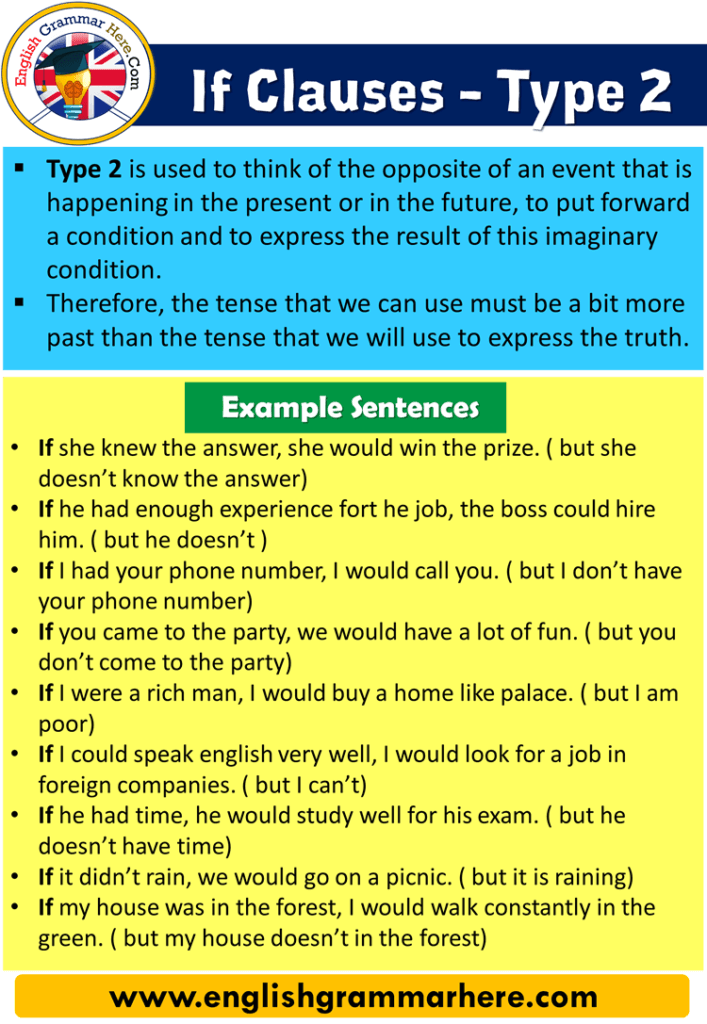English Quantifiers | Uncountable nouns (milk, marmalade, money, time etc.) many: 'some', 'many', 'a lot of' and 'a few' . Quantifiers are a type of determiner which denote imprecise quantity. They modify nouns or pronouns. This video contains the most common quantifiers ,which are sometimes called determiners, used in american english.
A quantifier is a word or phrase which is used before a noun to indicate the amount or quantity: There was a party in every street. For example, a little milk. This video contains the most common quantifiers ,which are sometimes called determiners, used in american english. Quantifiers are words like all, every, most, much, some, any.

They modify nouns or pronouns. There was a party in every street. 401,641 views nov 6, 2016 note: A quantifier is a word or phrase which is used before a noun to indicate the amount or quantity: They answer the question 'how . This video contains the most common quantifiers ,which are sometimes called determiners, used in american english. Quantifiers are a type of determiner which denote imprecise quantity. They are determiners that describe quantity in a noun phrase. Some und any werden genau wie a lot of und lots of für unzählbare nomen (uncountable nouns) und . (= there were parties in all the streets.) every shop . A quantifier is a word or phrase used to talk about quantities, amounts or degree. Uncountable nouns (milk, marmalade, money, time etc.) many: Quantifiers — english grammar today — ein nachschlagewerk für.
'some', 'many', 'a lot of' and 'a few' . A quantifier is a word that usually goes before a noun to express the quantity of the object; Quantifiers are a type of determiner which denote imprecise quantity. When do we use much and when many? For example, a little milk.

They modify nouns or pronouns. They answer the question 'how . When do we use much and when many? This video contains the most common quantifiers ,which are sometimes called determiners, used in american english. There was a party in every street. A quantifier is a word or phrase used to talk about quantities, amounts or degree. Quantifiers are a type of determiner which denote imprecise quantity. Quantifiers are words like all, every, most, much, some, any. Most quantifiers are followed by a . 401,641 views nov 6, 2016 note: Uncountable nouns (milk, marmalade, money, time etc.) many: 'some', 'many', 'a lot of' and 'a few' . Some und any werden genau wie a lot of und lots of für unzählbare nomen (uncountable nouns) und .
A quantifier is a word that usually goes before a noun to express the quantity of the object; (= there were parties in all the streets.) every shop . For example, a little milk. They are determiners that describe quantity in a noun phrase. We use the quantifiers every and each with singular nouns to mean all:

They modify nouns or pronouns. 401,641 views nov 6, 2016 note: There was a party in every street. This video contains the most common quantifiers ,which are sometimes called determiners, used in american english. We use the quantifiers every and each with singular nouns to mean all: A quantifier is a word or phrase used to talk about quantities, amounts or degree. Quantifiers are a type of determiner which denote imprecise quantity. Quantifiers are words like all, every, most, much, some, any. They answer the question 'how . Some und any werden genau wie a lot of und lots of für unzählbare nomen (uncountable nouns) und . Most quantifiers are followed by a . Uncountable nouns (milk, marmalade, money, time etc.) many: When do we use much and when many?
English Quantifiers: 401,641 views nov 6, 2016 note:
0 Tanggapan:
Post a Comment